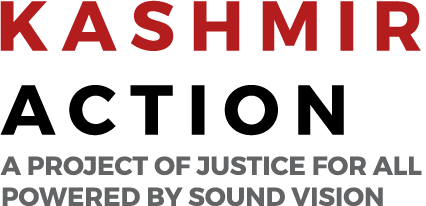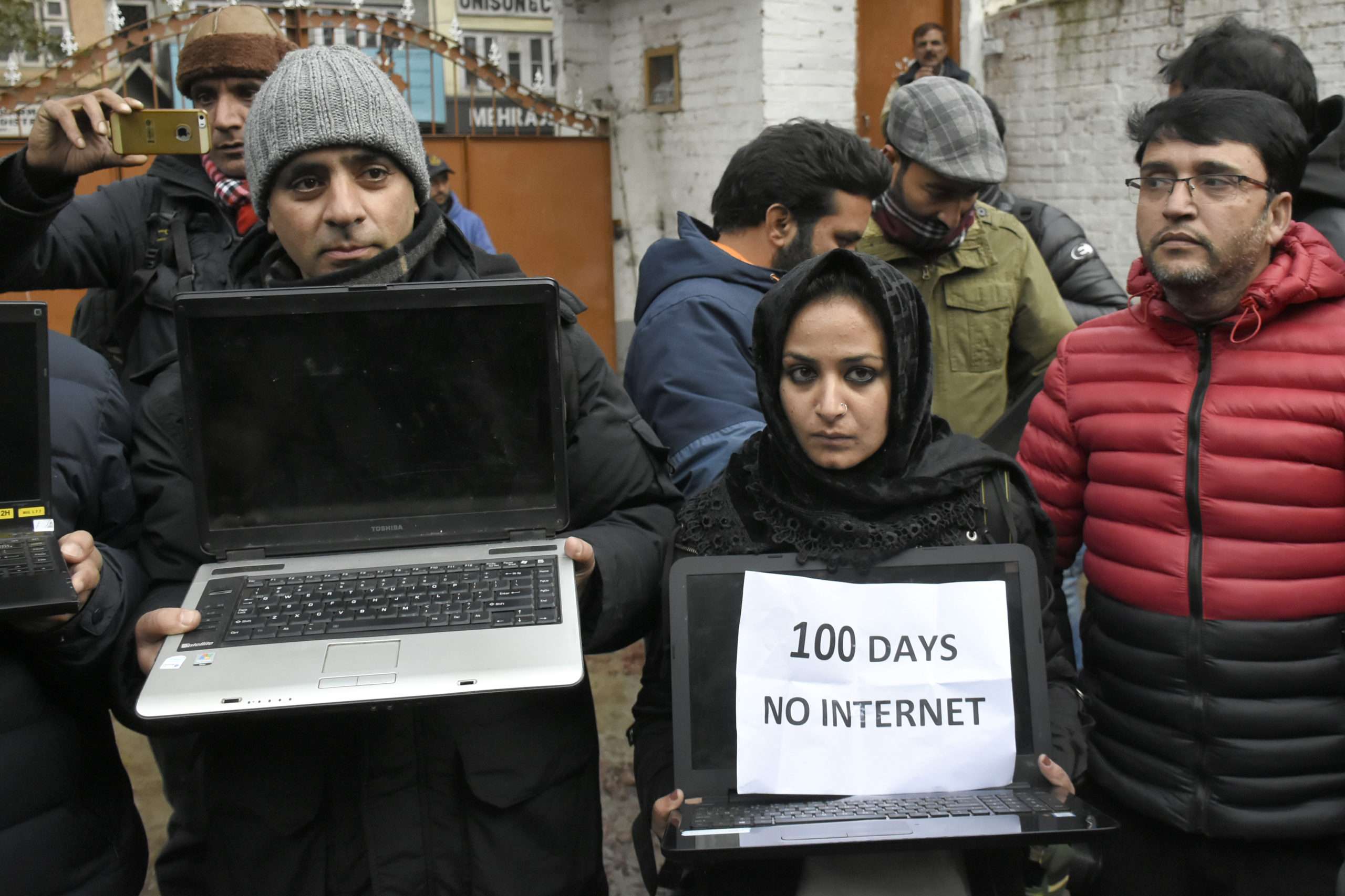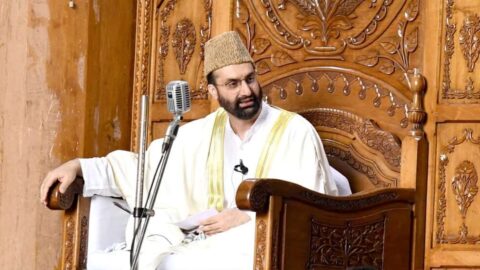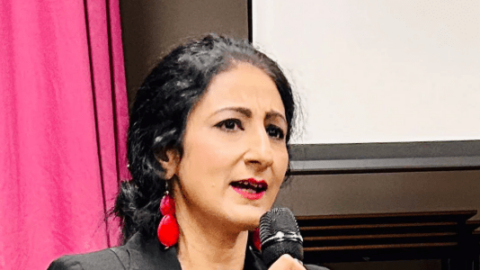SRINAGAR, Kashmir – Shabir Shah, a prominent Kashmiri pro-freedom leader and prisoner in India’s Tihar…
Is Big Tech collaborating with India in its oppression against the Kashmiri people?
On 25th September, reports emerged that social media platforms like Facebook, Instagram, and X (formerly Twitter) have allegedly provided access to the Jammu and Kashmir Police, allowing them to track individuals or entities deemed as “anti-national” who use these platforms.
“Anti-national” is the category that India deploys to classify any and all expressions of advocacy for Kashmir’s right to self-determination and human rights.
According to the report, which quotes anonymously from police officials, Jammu and Kashmir Police have secured cooperation from social media giants, including WhatsApp, X, Snapchat, Instagram, Telegram, and TiTok, etc. This collaboration is said to have provided India with access to private information concerning those Kashmiris who express political dissent on these platforms.
The report comes after India’s Cyber Investigation wing of Kashmir detained a Kashmiri who had expressed dissenting views on his Instagram account.
Some Kashmiri analysts, however, maintain that this report emerging from the police is more of a deterrent than a fact, instilling further fear of Orwellian surveillance among Kashmiris. No social media giant has confirmed or responded to the claim of Jammu and Kashmir police about this alleged cooperation.
The aforementioned report of the cooperation between social media giants and India, though its veracity is questioned by some, is not implausible. In 2018, the National Investigation Agency of India detained three Kashmiri women for their advocacy work for Kashmir’s right to self-determination. India seized their electronic devices, and tried to access their social media accounts in order to excavate information about their activism. But the family members of the detained activists had deleted the social media accounts, especially their emails, in order to prevent the privacy breach. In the charge-sheet against the detained Kashmiri women, that we were able to access, the National Investigation Agency of India mentions its request to Google to retain all the data of their deleted email accounts, a request that Google complied with.
In the past, India has used the process of tracking the IP addresses of pro-freedom and dissident individuals in order to arrest or harass them. Additionally, social media platforms have for long censored and suppressed Kashmiri voices at the request of India, by banning their accounts or curtailing their reach. In an online poll conducted by a Kashmiri collective Stand with Kashmir, in 2021, the group asked its 32,000 followers about the experience of censorship. Around 62 percent of respondents said they had experienced some kind of censorship on the three platforms of Facebook, Twitter and Instagram.
The Committee to Protect Journalists has highlighted the cases of many journalists who were either detained for their social media posts, or their accounts were restricted.
Social media for Kashmiris is not enabling free speech or freedom of expression, but has by and large acted as an instrument of India’s oppression and censorship. It has not enabled Kashmiris to speak truth to power, but has instead enabled the power bearers to obfuscate the truth.




